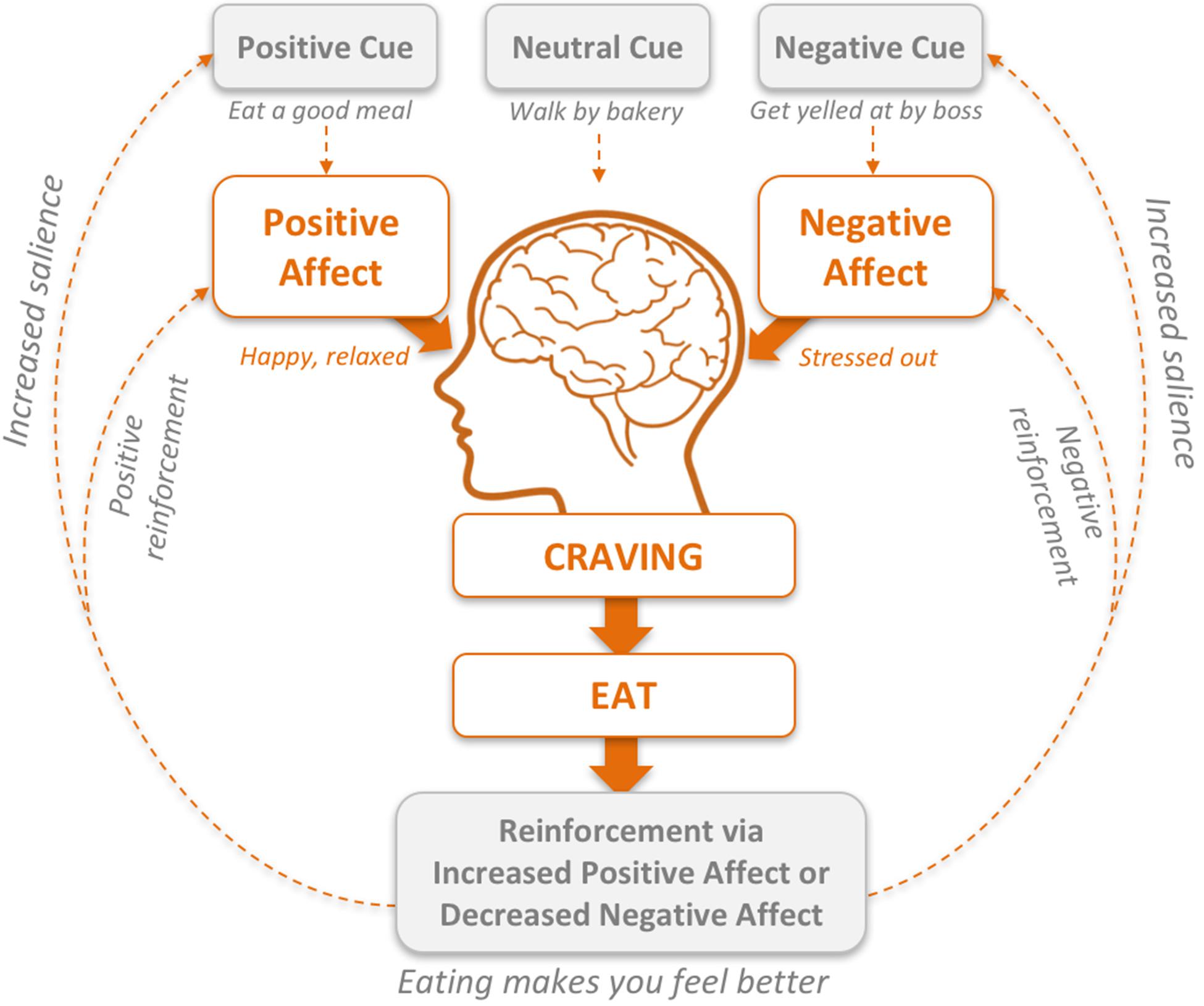
Navigating Emotional Eating: Strategies for Building Resilience
Understanding Emotional Eating: Unraveling the Connection
Emotional eating is a complex relationship between emotions and food, often driven by stress, boredom, or various emotional states. Before delving into strategies for resilience, it’s essential to understand the connection between emotions and our eating habits. Identifying triggers is the first step towards developing effective strategies.
Mindful Awareness: Bringing Consciousness to Eating Habits
Mindful awareness plays a pivotal role in addressing emotional eating. By bringing consciousness to your eating habits, you can recognize when emotions are influencing your food choices. Practice mindful eating by savoring each bite, paying attention to hunger and fullness cues, and being present during meals. This heightened awareness forms the foundation for resilience.
Journaling for Insight: Recording Emotions and Choices
Keeping a journal provides a powerful tool for gaining insight into emotional eating patterns. Record your emotions, the circumstances surrounding your food choices, and any associated feelings. Analyzing these patterns over time helps identify trends and enables you to develop personalized strategies for resilience.
Cultivating Healthy Coping Mechanisms: Alternative Outlets for Emotions
Building resilience against emotional eating involves cultivating healthy coping mechanisms. Identify alternative outlets for managing stress or emotional challenges, such as exercise, meditation, journaling, or connecting with loved ones. Having diverse coping strategies allows you to navigate emotions without solely relying on food as a comfort.
Building a Support System: Sharing Challenges and Triumphs
Establishing a support system is crucial for resilience in emotional eating. Share your challenges and triumphs with friends, family, or a support group. Having a network that understands and supports your journey creates a sense of accountability and encouragement, making it easier to navigate emotional triggers.
Creating a Nourishing Environment: Food Choices and Accessibility
Crafting a nourishing environment is a proactive strategy against emotional eating. Stock your kitchen with wholesome, nutrient-rich foods and minimize the presence of tempting, unhealthy snacks. By shaping your environment to support positive food choices, you reduce the likelihood of succumbing to emotional eating urges.
Establishing Routine: Stability Amidst Emotional Turmoil
Emotional eating often thrives in chaotic or unpredictable environments. Establishing a routine brings stability amidst emotional turmoil. Plan regular meals and snacks, ensuring that you maintain consistent eating patterns. Routine fosters a sense of control and predictability, reducing the allure of impulsive emotional eating.
Mind-Body Practices: Connecting Emotions and Physical Well-Being
Mind-body practices, such as yoga or deep-breathing exercises, facilitate a connection between emotions and physical well-being. Engaging in these practices enhances self-awareness, reduces stress, and provides healthier outlets for emotional expression. The mind-body connection becomes a powerful tool for resilience against emotional eating.
Seeking Professional Guidance: Enlisting Support for Emotional Wellness
If emotional eating persists as a significant challenge, seeking professional guidance can be invaluable. A registered dietitian, therapist, or counselor can provide specialized support in developing personalized strategies for emotional wellness and resilience. Professional guidance enhances your toolkit for managing emotional eating effectively.
Exploring Further: Emotional eating strategies
For additional insights, tips, and a comprehensive guide on mastering emotional eating, visit Emotional eating strategies. This resource offers expert advice and practical strategies to empower you on your journey towards resilience and healthier relationships with food.
Conclusion: Resilience as a Path to Wellness
Navigating emotional eating requires a blend of self-awareness, healthy coping mechanisms, and a supportive environment. By implementing mindful practices, building a robust support system, and seeking professional guidance when needed, you can cultivate resilience. Ultimately, the journey towards mastering emotional eating is a path to overall well-being and a harmonious relationship with food.



